Nine years since Miloševic election defeat
Nine years ago to the day opposition candidate Vojislav Koštunica defeated the incumbent, Slobodan Milošević, in presidential elections.
Thursday, 24.09.2009.
13:20

Nine years ago to the day opposition candidate Vojislav Kostunica defeated the incumbent, Slobodan Milosevic, in presidential elections. That marked the beginning of the end for Milosevic’s regime, a reign punctuated by wars, suffering, poverty and violations of laws and human rights. Nine years since Milosevic election defeat After Milosevic failed to recognize the election results, citizens took to the streets to make their voice heard and toppled him 10 days later. Teofil Pancic, a columnist for weekly Vreme, says that even in the shadow of the cancelation of the Pride Parade, the human rights situation is still considerably better now than back then. Democracy in Serbia has progressed even though the political elite often wavers, he believes. “I wouldn’t resort to populist talk like ’everything’s the same, just without him.’ That’s not quite case, obviously,“ Pancic says. “But, we see millions of examples, and this cancelation and circus around the Pride Parade shows us how our current political elite that we call, and which it itself claims to be, democratic and pro-European, isn’t itself always fully behind democratic values, doesn’t know how to set its stall out and has a kind of awkwardness when it comes to something that isn’t popular in public,” he says. “Actually, we see how easily it gives up on and trivializes democratic values for the sake of some kind of political survival,” the journalist warns. He says he is certain that the state’s capitulation before violent groups will be sanctioned by the European institutions. Following unconfirmed reports that the cancelation of the Pride Parade will be negatively assessed in the upcoming European Commission report on Serbia’s progress in integration, Pancic says that would be a major reprimand for Serbia’s pro-European government. “They’re now trying to somehow offset it with some kind of political-judicial-prosecution campaign against members of extremist, para-political, para-church and similar organizations,” he notes. “Obviously, it would be nice if that was something serious, but, going by past experience, I’m afraid that this too will just prove to be a short-term campaign that goes stale and gets watered down,” the journalist cautions. Slobodan Milosevic (FoNet, archive)
Nine years since Miloševic election defeat
After Milošević failed to recognize the election results, citizens took to the streets to make their voice heard and toppled him 10 days later.Teofil Pančić, a columnist for weekly Vreme, says that even in the shadow of the cancelation of the Pride Parade, the human rights situation is still considerably better now than back then.
Democracy in Serbia has progressed even though the political elite often wavers, he believes.
“I wouldn’t resort to populist talk like ’everything’s the same, just without him.’ That’s not quite case, obviously,“ Pančić says.
“But, we see millions of examples, and this cancelation and circus around the Pride Parade shows us how our current political elite that we call, and which it itself claims to be, democratic and pro-European, isn’t itself always fully behind democratic values, doesn’t know how to set its stall out and has a kind of awkwardness when it comes to something that isn’t popular in public,” he says.
“Actually, we see how easily it gives up on and trivializes democratic values for the sake of some kind of political survival,” the journalist warns.
He says he is certain that the state’s capitulation before violent groups will be sanctioned by the European institutions.
Following unconfirmed reports that the cancelation of the Pride Parade will be negatively assessed in the upcoming European Commission report on Serbia’s progress in integration, Pančić says that would be a major reprimand for Serbia’s pro-European government.
“They’re now trying to somehow offset it with some kind of political-judicial-prosecution campaign against members of extremist, para-political, para-church and similar organizations,” he notes.
“Obviously, it would be nice if that was something serious, but, going by past experience, I’m afraid that this too will just prove to be a short-term campaign that goes stale and gets watered down,” the journalist cautions.










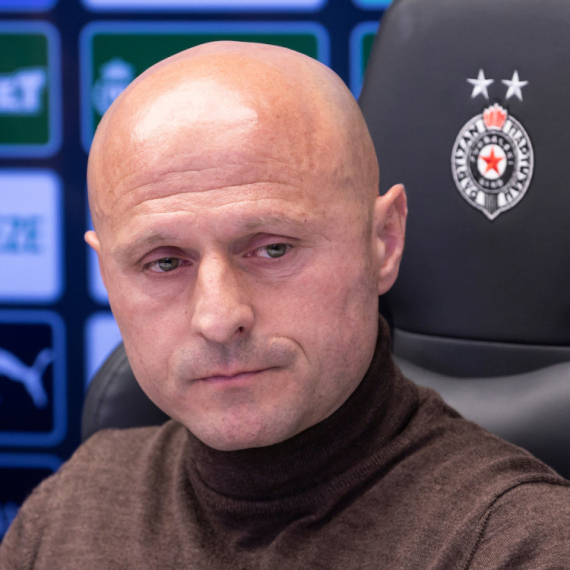

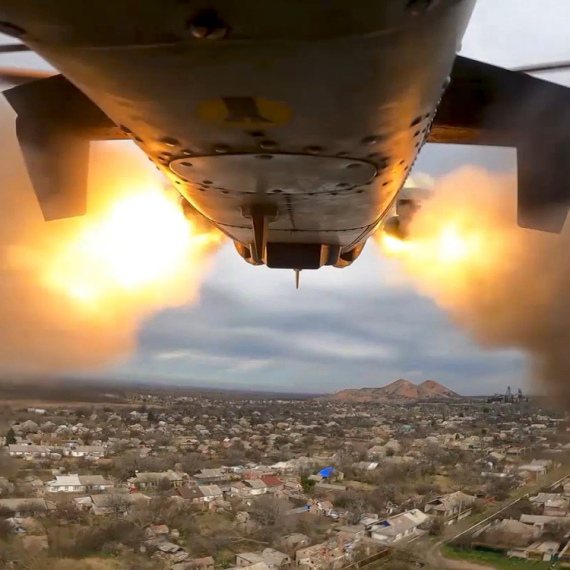


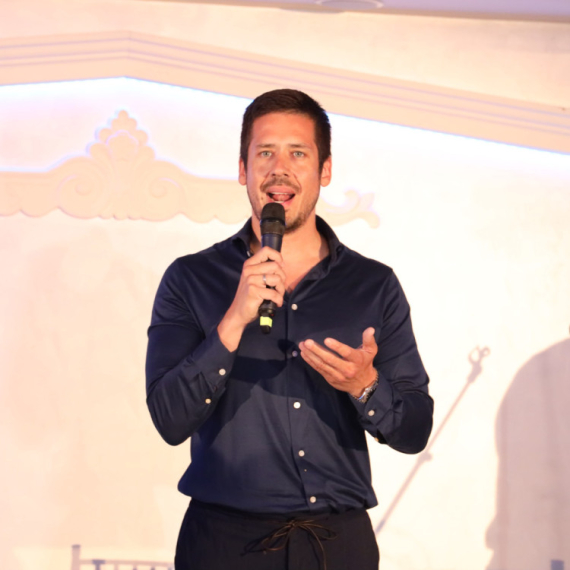
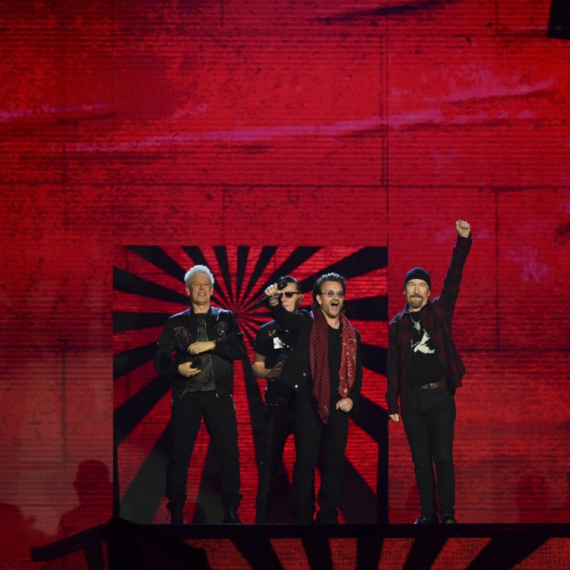

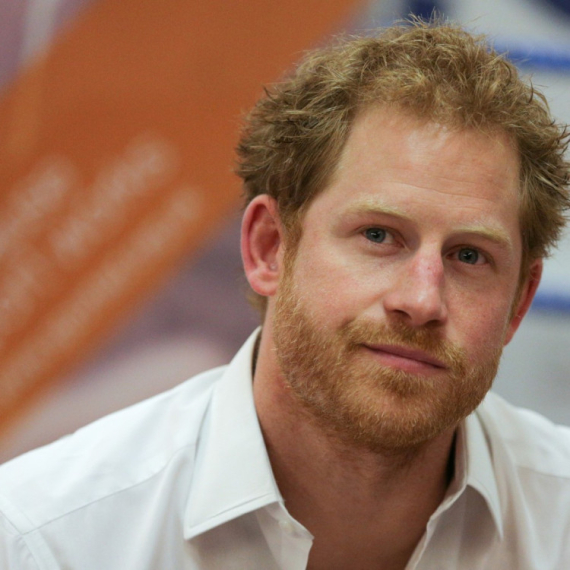































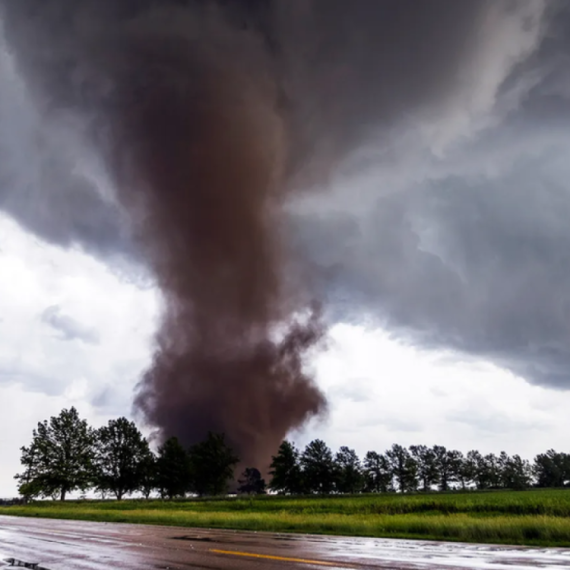

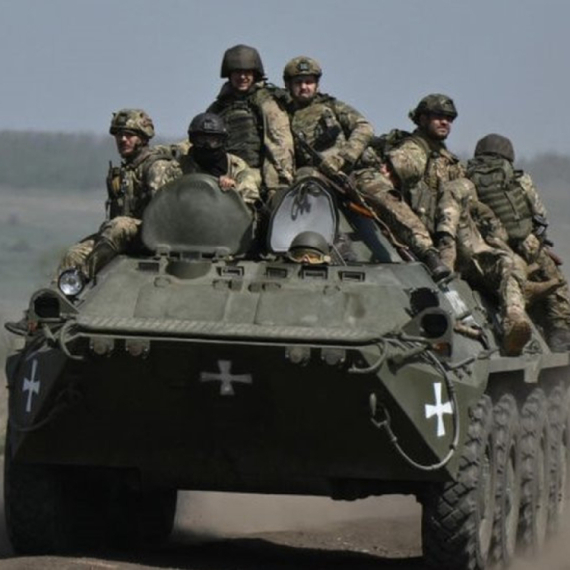
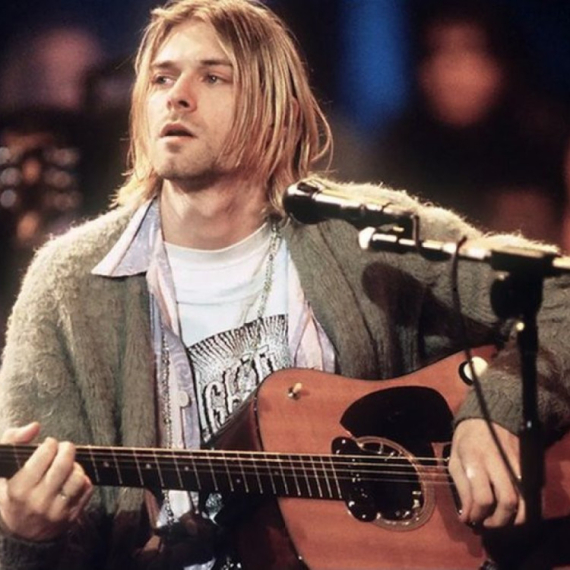
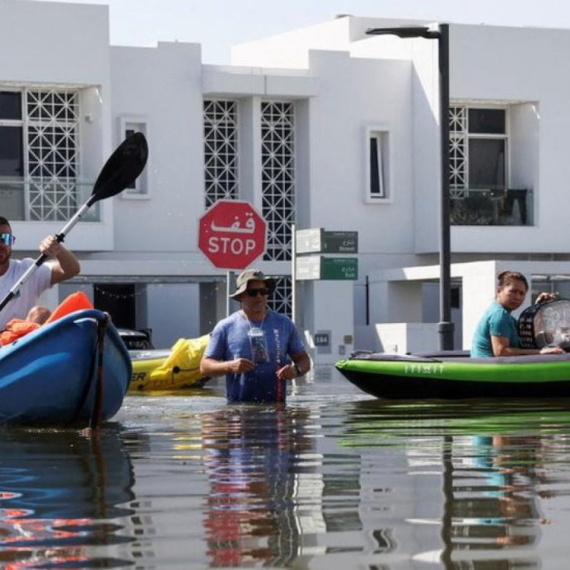

Komentari 8
Pogledaj komentare